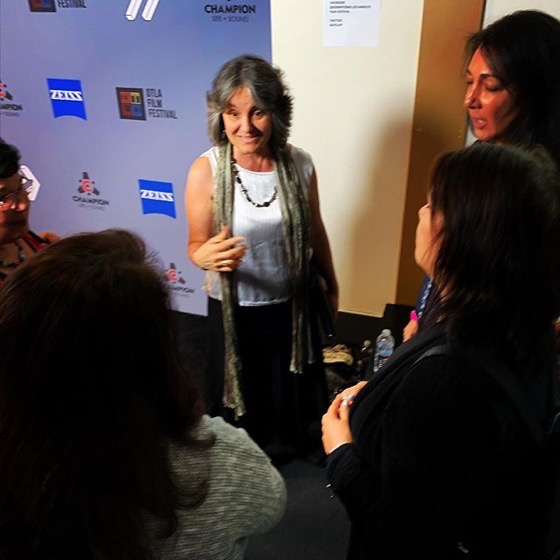Dawn Comer Jefferson is our Stephens College MFA in TV and Screenwriting #mentormonday spotlight this week!

Dawn is an Emmy-nominated, award-winning writer. On television, Comer Jefferson wrote on the CBS family drama Judging Amy, served as writer/consulting producer on MTV’s teen drama, South of Nowhere, freelanced on the CBS hit NCIS, and developed a drama pilot at NBC Universal Studios. She was nominated for an Emmy for writing the Fox-animated family film, Our Friend, Martin, and for the last nine years has written Emmy-winning arts programming for PBS, performed at the Walt Disney Concert Hall and the Dorothy Chandler Pavilion.
As a non-fiction writer, Comer Jefferson has written about children, families and public policy issues for national print and online media including Garnet News, Working Mother, Fit Pregnancy Magazine and MomsRising, and her essays have been featured in the anthologies A Woman Alone (Seal Press) and Go Girl (Eighth Mountain Press). She adapted, produced and directed the eight-part NPR radio series adaptation of the biography Maggie’s American Dream, co-wrote the nonfiction book Three Ring Circus: How Real Couples Balance Marriage, Work, and Family, and the African American historical children’s fiction, The Promise.
Follow and Like the Stephens College MFA in TV and Screenwriting
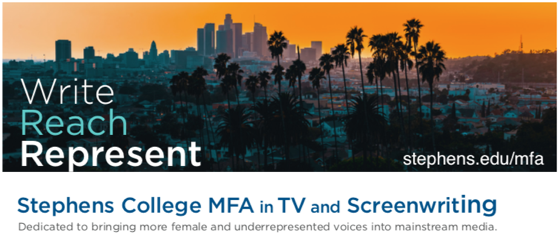


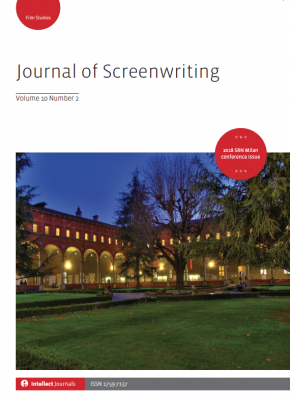
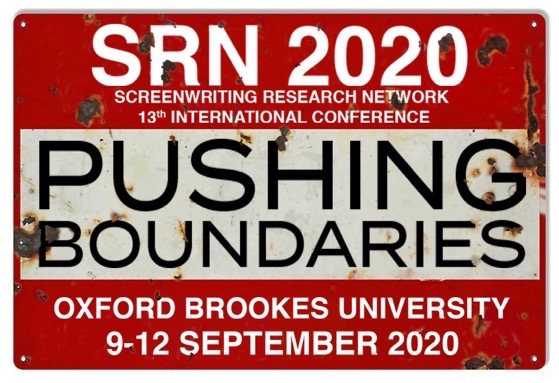
![35 Harriet Frank, Jr. from “When Women Wrote Hollywood” with Dr. Rosanne Welch [Video] (1 minute 9 seconds)](https://rosannewelch.com/wp-content/uploads/2020/01/csuf-rmw-w3h-35.jpeg)

![34 More On Frances Goodrich & Albert Hackett – “When Women Wrote Hollywood” with Dr. Rosanne Welch [Video] (1 minute 10 seconds)](https://rosannewelch.com/wp-content/uploads/2019/12/csuf-rmw-w3h-34.jpeg)
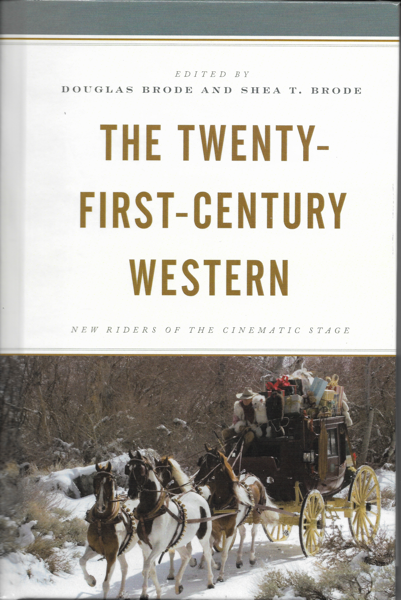
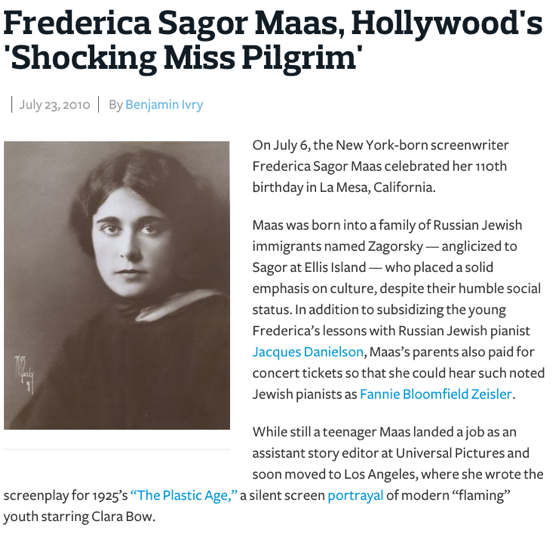

![30 Lillian Hellman from “When Women Wrote Hollywood” with Dr. Rosanne Welch [Video] (55 seconds)](https://rosannewelch.com/wp-content/uploads/2019/12/csuf-rmw-w3h-30.jpeg)
